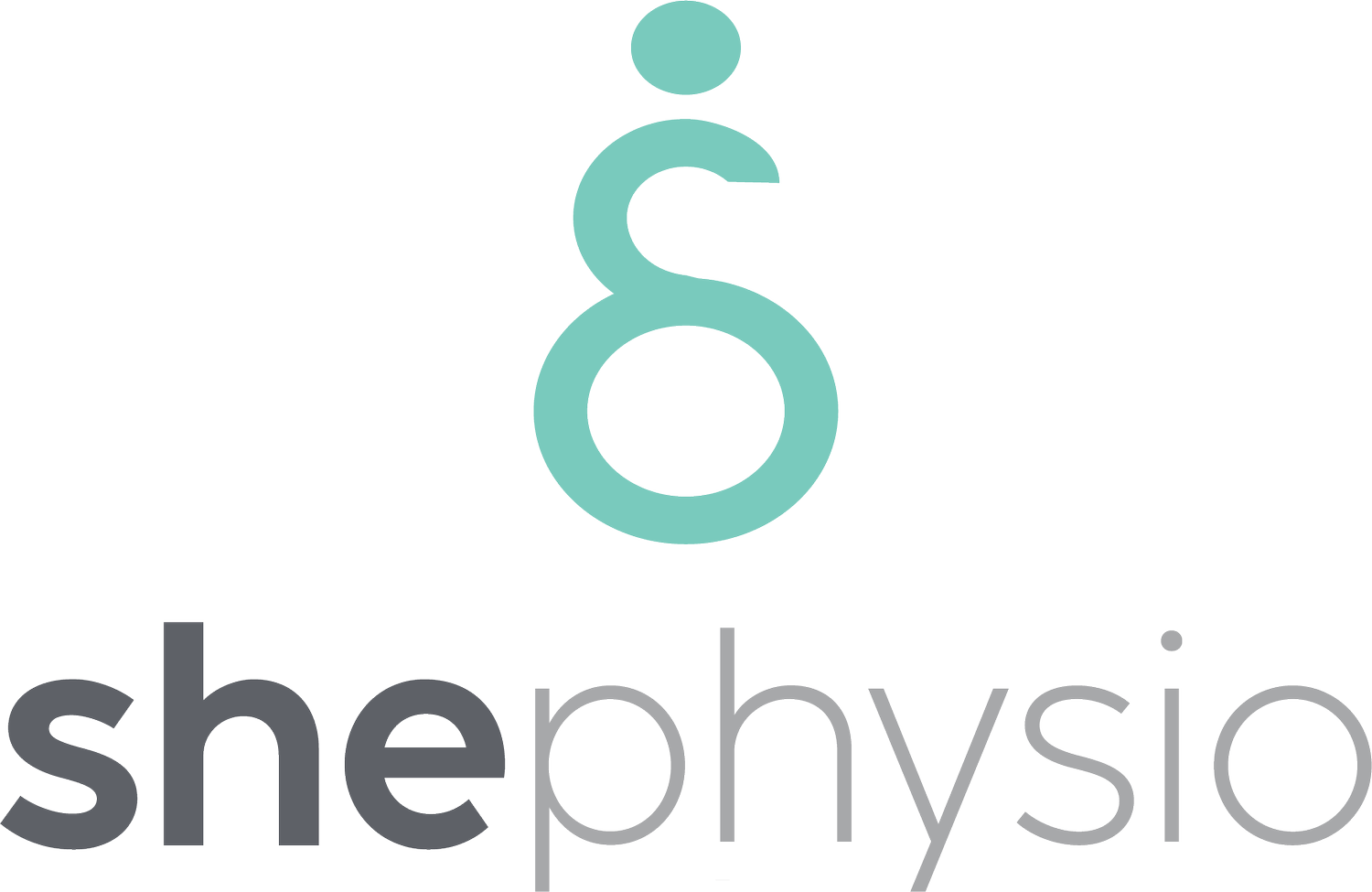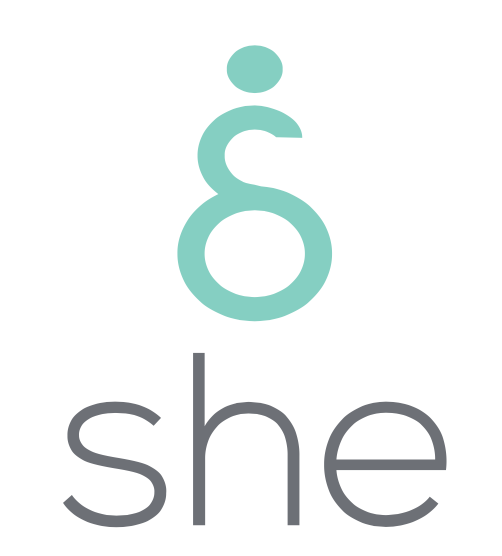Pelvic Health + Continence Physiotherapy
for all

About ShePhysio
ShePhysio is dedicated to helping people of all gender identities live a happier and healthier life using professional experience and care.
Professional Care
Personal Care
Our Pelvic Physios
We see people with conditions affecting pelvic health, intimacy and daily life. These conditions include pain, incontinence, prolapse, urine issues - leakage, pain and voiding difficulty, and bowel issues - constipation, straining and sphincter issues, faecal incontinence or pain.
ShePhysio sees people with pelvic pain related to tight muscles. This can present as pain with sex and intimacy, menstrual pain, ovulation pain, pain at pre-menses, bladder pain or pain related to bowels and gut.
ShePhysio also specialises in pregnancy and postnatal issues including: pregnancy-related pelvic girdle and spinal pain, abdominal separation, pelvic weakness, prolapse, carpal tunnel syndrome, de quervain’s. We aim to see mastitis within 24 hours.
Our physios combine a variety of approaches to achieve your goals: manual therapy, education about your condition, pain science, advice, behavioural techniques, exercise for strength, endurance, stretching, and functional benefit. Importantly, we show you how to relax abdominal and pelvic muscles if necessary. We are adept with other techniques - dry needling, taping, bracing, teaching better techniques for passing urine and bowel motions.
Our physios see children with bladder and bowel issues.
ShePhysio welcomes gender-non confirming and transgender people.
We are committed to you in your journey to pelvic wellness.
Meet our Physios:
Annette Beauchamp
Annette is a physiotherapist who loves to help people achieve their best pelvic health.
Annette first trained as a registered nurse in 1984 and loved being a nurse in Townsville, Melbourne and the UK. She graduated from La Trobe University with a Bachelor of Physiotherapy in 1994. She completed her post-graduate studies in Continence and Pelvic Rehabilitation at University of Melbourne in 1999/2000.
Annette has extensive experience in both hospital and community settings.
She is very practical in her approach to physio.
Kristen Moore
Kristen is a passionate physiotherapist who loves to help people achieve their pelvic health goals.
Kristen graduated from Monash University with first class honours in both Biomedical Science and Physiotherapy.
Kristen has experience in the private sector, in both hospital and private clinic settings. She started her career in the sports medicine space. It was her own pelvic health journey that inspired her to do further studies to specialise in pelvic health physiotherapy. Because of her own journey, Kristen brings a unique and personal approach to her patients pelvic health care.
Services
-
Persistent Pelvic Pain + Dyspareunia
Chronic or persistent pelvic pain is defined as being present on most days in the last 6 months and effects 15-25% of women and 2-16% of men. Pain can be in the pelvic organs, tissues, muscles, ligaments and nerves.
She will help you understand contributing factors: hormonal, inflammatory, infective, overuse, or habitual changes in the tissues.
-
Prolapse
Pelvic Organ Prolapse is the descent of organs through the vagina that may be felt as a heavy or uncomfortable lump in the vagina or over the sacrum (low spine).
Treatments involve pelvic muscle strengthening, modifying lifestyle factors and prescription of pessaries.
-
Pregnancy
Pregnancy involves rapid changes in shape, posture, hormones and blood volumes. This creates different pressures on your body which can be uncomfortable or painful.
Pelvic assessment during pregnancy is invaluable in helping new mothers feel educated, confident and prepared for baby’s arrival.
-
Post-Natal Care
Post-Natal Care is essential to a new mother’s wellbeing and may involve treating the pelvic floor, abdomen, breasts and hands. Several issues can arise with recovery from vaginal or caesarean birth, such as prolapse and ano-rectal problems and these require active rehabilitation.
Plan to have an assessment at 4-6 weeks for rehabilitation advice.
-
Mastitis, Breastfeeding issue
Mastitis may arise at any time in your breastfeeding journey. It is often associated with a change in routines in the previous 24-48 hours.
Treatment includes ultrasound, laser therapy, education and advice.
-
Bladder Health
Bladder issues include urinary incontinence (leakage), incomplete emptying, difficulty passing urine, painful urination, recurrent urinary tract infections or chronic bladder pain syndrome.
Different symptoms require different therapy.
-
Bowel Health
Bowel issues include constipation and straining, incomplete emptying, painful defecation, wind or stool leakage, pain in the rectum or sphincter, irritable bowel syndrome and the more serious inflammatory bowel disease.
Different symptoms require different therapy.



